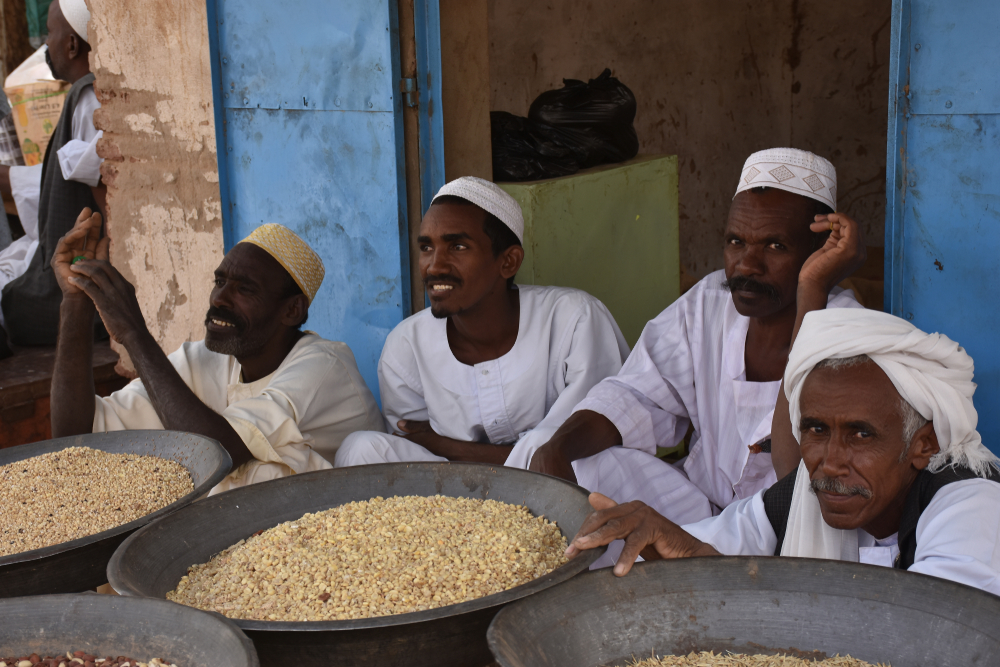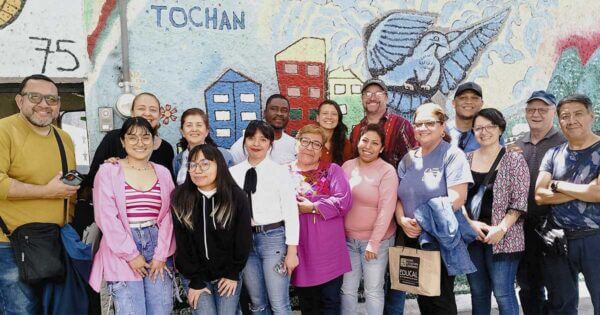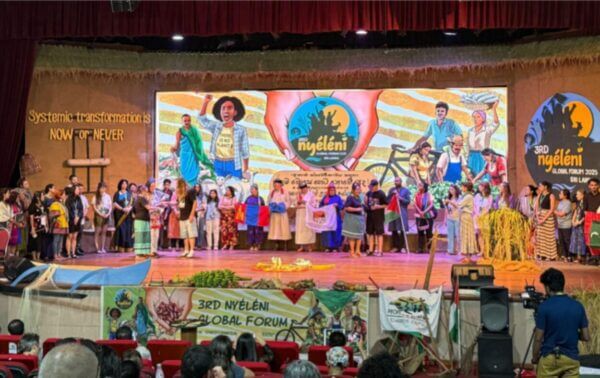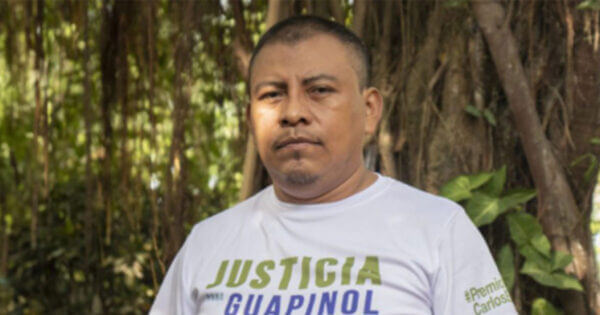In April 2023, Sudan’s civil war began decimating the nation’s population and resources. Two rival military factions—the Sudanese Armed Forces (SAF) and the Rapid Support Forces (RSF)—have waged a violent and deadly war against one another.
Civilians carry the burden of having their lives uprooted and irrevocably altered—the United Nations reports that roughly 5.8 million people were displaced by the initial onslaught of violence in April 2023.
The United Nations Refugee Agency (UNRA) has deemed this conflict the “forgotten crisis,” and the damage is staggering:
- Conservative estimates report at least 14,000 civilians have been killed;
- By the end of 2023, the number of those displaced leaped to 9 million people, the largest report of displaced people on record;
- Nearly 7 million people have been internally displaced, 4 million of whom are children;
- Nearly 2 million people have fled to surrounding countries like Chad, the Central African Republic, Egypt, and Ethiopia;
- A dire crisis of malnutrition and food insecurity is impacting roughly 8.5 million people, leading to death and serious health issues.
A core tenet of UUSC’s ethos as an international human rights organization is to provide resources where they are most needed. Too often, the people who have suffered the worst injustices are least able to access resources in the wake of disaster. Our work seeks to change this by ensuring that U.S. and global aid policies remove unfair barriers and collaborate as partners with the people most affected.
As such, UUSC is mobilizing financial resources to support a form of mutual-aid called emergency response rooms (ERRs), who share those resources with the communities most impacted in Sudan. The Center for Disaster Philanthropy (CDP) is hosting a Sudan Solidarity Mutual Aid fund to pool resources that will go directly to these ERRs. [opt_sided2]
Emergency Response Rooms are:
- Locally-led “pop-up” facilities in Sudan that provide food, healthcare, and other resources to those in need
- Increasingly being led by youth
- Were revived during the COVID-19 pandemic as a way to provide rapid response services to those suffering COVID-related illnesses
- Were renewed in 2023 when humanitarian organizations fled Sudan at the outset of the civil war
The impact of these ERRs cannot be overstated. They:
- Provide emergency healthcare services in lieu of many hospitals being destroyed, distributing life-saving medications, supporting survivors of sexual assault, and treating illnesses such as cholera and malnutrition;
- Conduct critical repairs to infrastructure such as fixing power lines;
- Help those fleeing violence access food and clean water;
- Guide the displaced to safe evacuation routes;
- Document violence on the ground and convey this information to the media;
- Retrieve bodies for proper burial;
- Assist those who have been victimized by the civil war;
- Ensure vital goods and services are able to be traded; and
- Shelter those whose homes have been destroyed.
This powerful work is based on a Sudanese concept called Nafeer, an Arabic word meaning, “a call to mobilize.” Nafeer is a social calling for those in the local community to come together to support one another and engage in the practice of community care. The ERRs—predominantly driven by youth and young adults—were a direct call to action for the Sudanese people to come together, collect resources, and distribute them equitably, without the burdens of bureaucracy, red tape, and systems and structures that often serve as barriers to getting communities the resources they need.
UUSC resourcing these ERRs is a direct means of supporting the Sudanese peoples’ right to self-determination and self-reliance—providing the funding needed not only for survival, but also for rebuilding and repair. The radical trust placed in these community-driven networks helps the Sudanese people remain resilient in the face of violence, impunity, death, and displacement.
Video: learn more about Nafeer
There are dozens of ERRs operating in Sudan—self-sustaining networks for peace and support—and donating to UUSC can help these networks remain in place and provide respite and hope for those directly impacted by the civil war.



